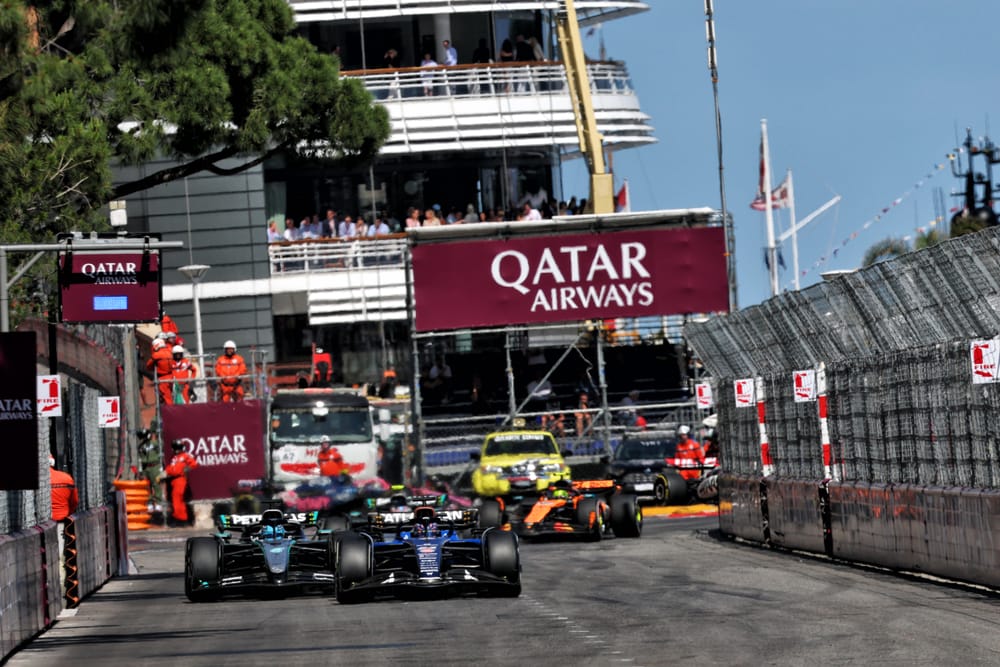Formula 1 hoped the mandatory two-stop strategy would spice up the Monaco Grand Prix after years of criticism of the Sunday spectacle reached a crescendo with 2024's 'zero stop' race.
But it's fair to say the reality might not have been what F1 had in mind.
Here are our snap verdicts on the race that just happened.
Not racing as it's meant to be
Scott Mitchell-Malm
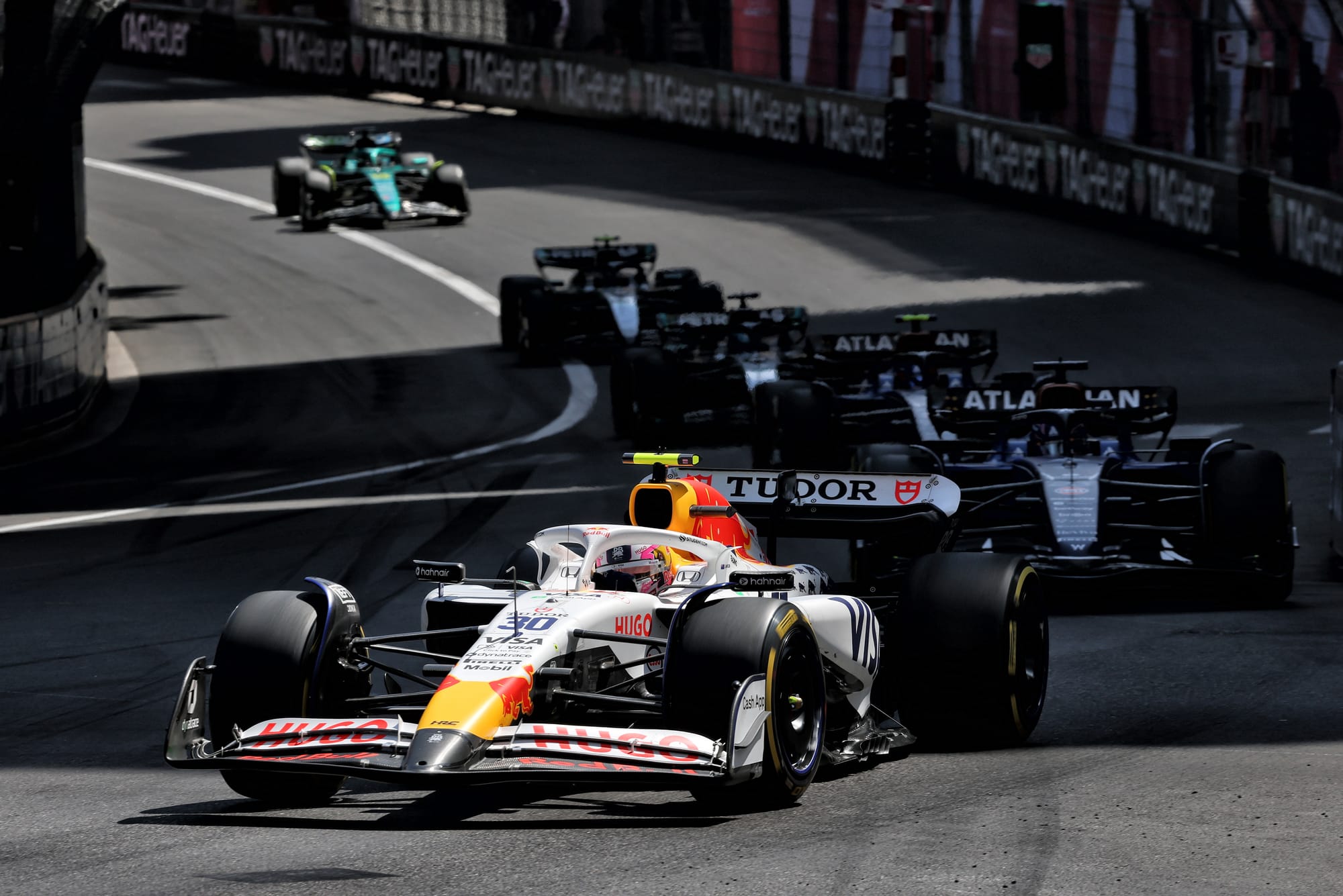
This was a novel Monaco Grand Prix but not an enjoyable one. It certainly wasn't racing as it's meant to be.
So, the two-stop strategy being mandated made it different - also interesting and tense at times - but not drastically better.
It was just an extended version of the usual Monaco nonsense. Any team in position to back up the pack with one car, backed up the pack.
There were flashes of intrigue but nothing more. Maybe that was better than what Monaco usually offered. But this race just fizzled about a bit without turning into much at all - apart from questionable tactics and pointlessly controversial moments.
It was worth trying, because the alternative is just to keep complaining about how dull normal Monaco races are.
But unless there's a way to tighten up silly loopholes then this is not an experiment worth repeating.
Exaggerated the worst Monaco tactics
Ben Anderson
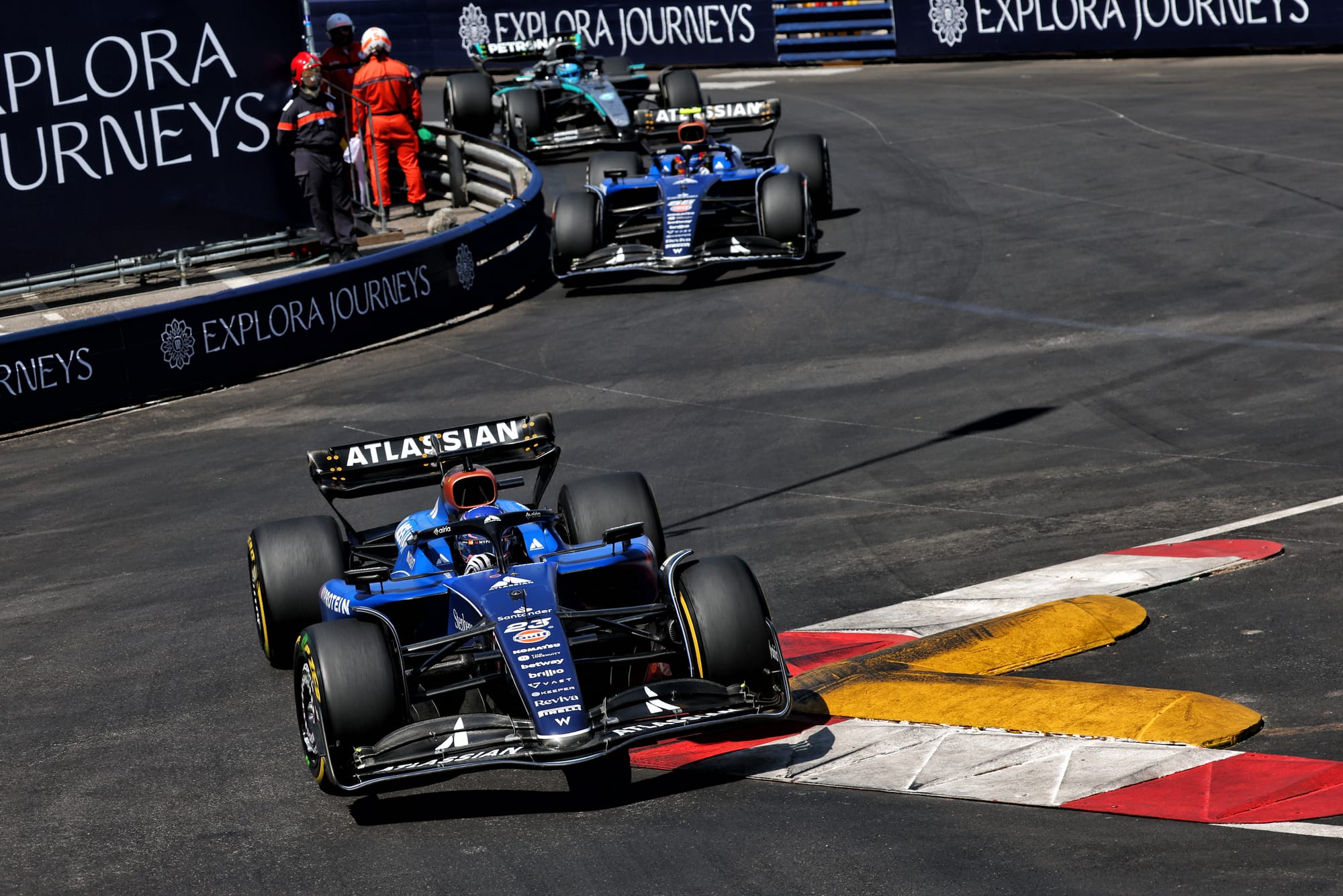
As far as I can tell, all the mandatory two-stop rule did was exaggerated the worst of a strategic tendency we've seen before at Monaco: teams sacrificing one car to help the other.
Racing Bulls used Liam Lawson as a road block to protect a top-six finish for Isack Hadjar, but the natural separation between those two cars meant RB also helped Fernando Alonso (until his engine failure) and Esteban Ocon as an unintended consequence.
Williams then took that strategy to the extreme by using the lack of separation on track between Alex Albon and Carlos Sainz to swap positions and back up the pack to clear the pitstops and ensure a double top-10 finish.
This was so farcical that George Russell basically cut the chicane on purpose to try to break the stalemate.
That at least got the penalty it deserved, but it was still overall an ugly spectacle.
Williams team boss James Vowles was uncomfortable enough with the optics he even admitted live on TV that this "isn't the way I like to go racing".
The only reasonable conclusion is: this didn't work and needs a rethink.
It achieved nothing
Gary Anderson
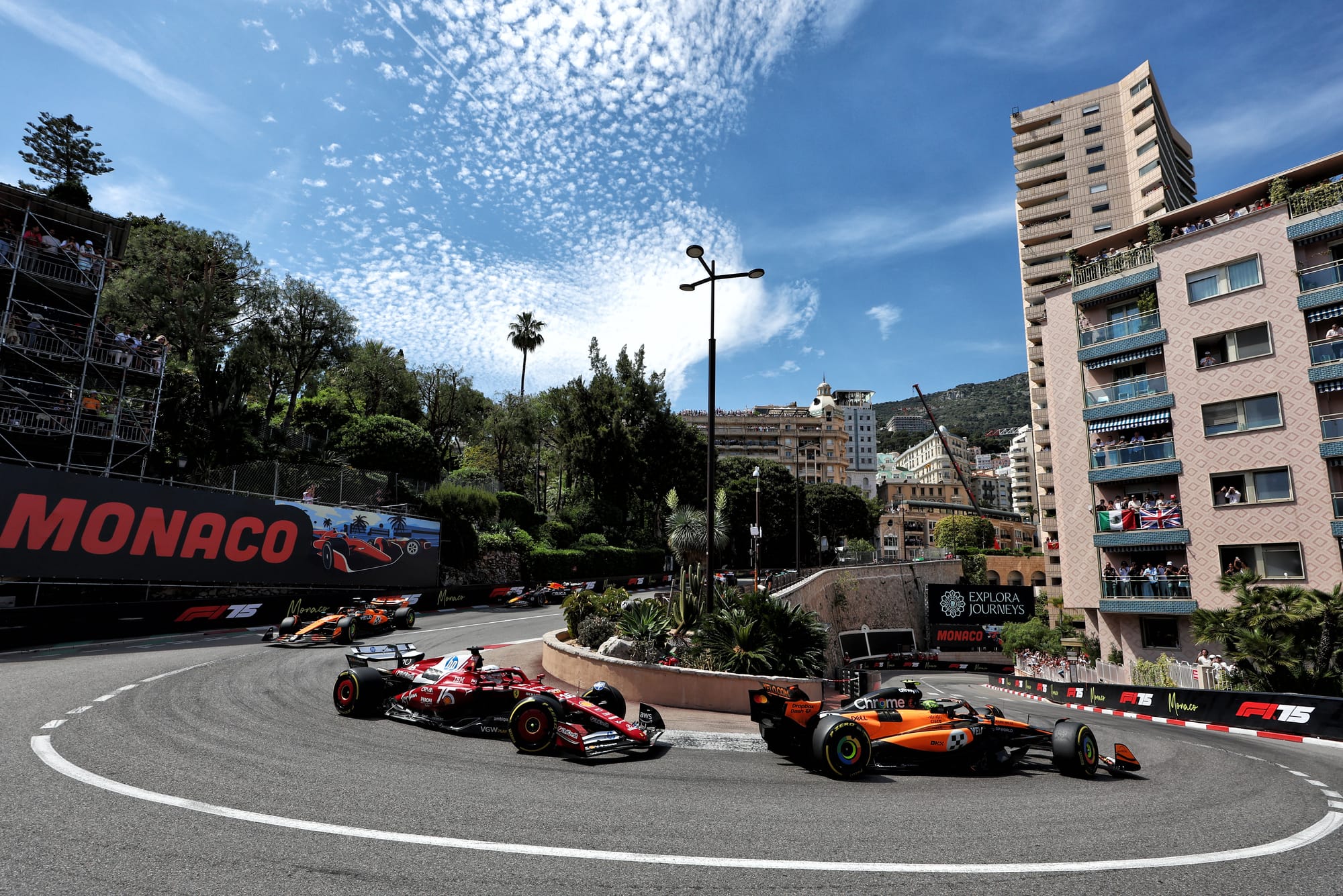
Basically, it did nothing other than adding confusion. Last year, the top 10 in qualifying finished the race in exactly the same places. This year, the only reason the top 10 in qualifying didn't finish the race in exactly the same places was because Lewis Hamilton had a three-place grid penalty so started seventh not fourth then finished fifth, and Fernando Alonso didn't finish.
So I don't really see the point.
Well done to McLaren, Ferrari, Red Bull and Racing Bulls. As for Mercedes, I would love to be a fly on the wall in Brackley on Monday morning. Actually, I'm about 10 miles away so if the wind is in the right direction I might just hear its Monaco debrief from here…
Anyway, onwards and upwards. Barcelona next, flexing front wings will be the talk of the town when we get there.
Good for the show, not good for the sport
Edd Straw
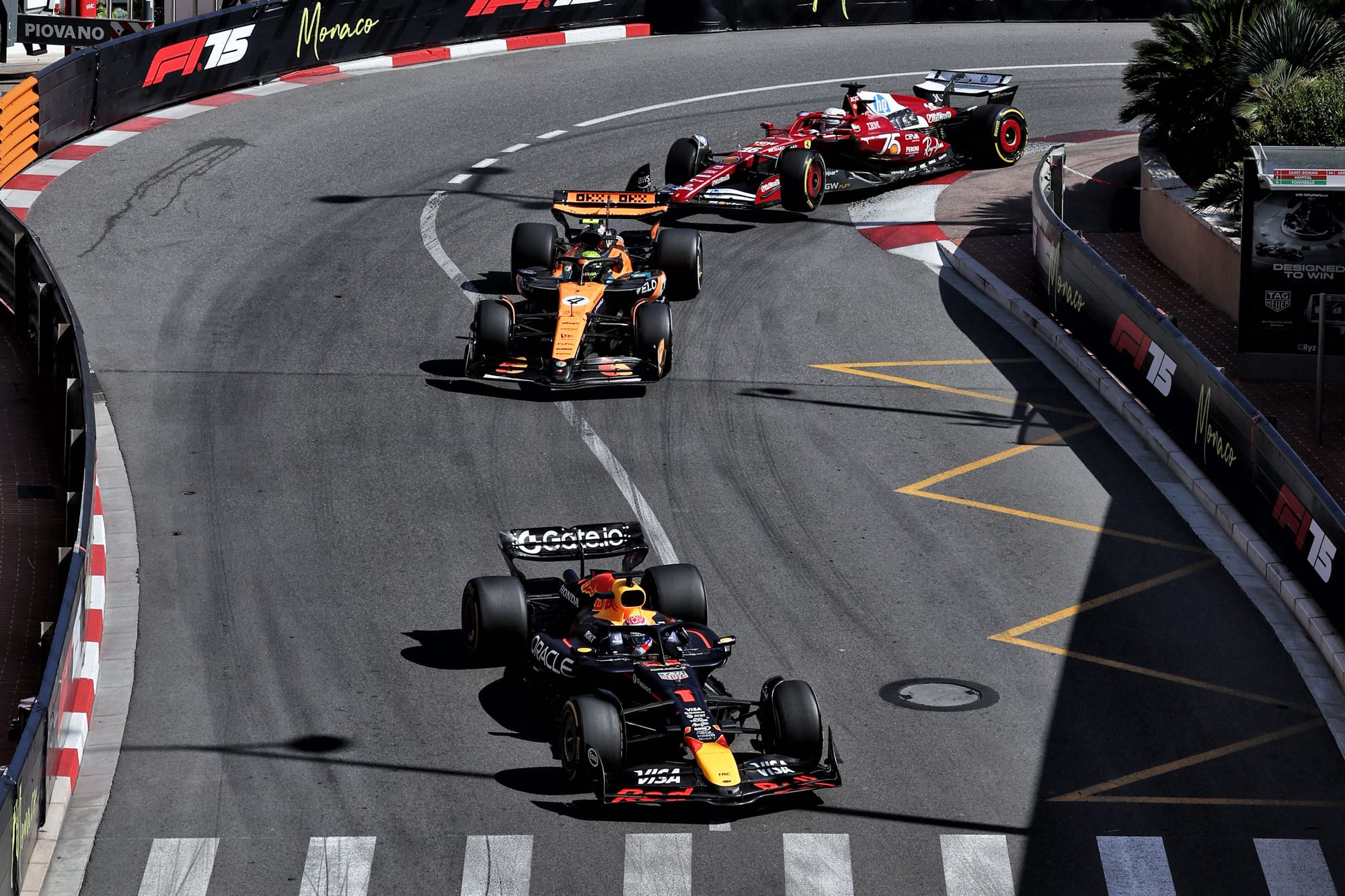
The rule mandating three sets of tyres be used worked as anticipated. It certainly made the race more interesting and inevitably led to some rolling roadblocks splitting up the race, so it's fair to say there was greater jeopardy.
Whether or not that's a good thing entirely depends on your perspective. There was never any chance that it would lead to the pure manifestation of grand prix racing at its flat-out, tactical best and it's always troubling to see drivers deliberately lapping well off the pace to ruin the races of others and benefit their own team. But it was also inevitable.
This is the question F1 must ask itself. Ultimately, yes it was good for 'the show' but it wasn't so good for 'the sport' - and that's a balance that must always be grappled with.
Thought needs to be put into whether this is really the way to make race day in Monaco more exciting and the negatives are worth accepting, or whether it's just a step too far in terms of turning the race into a game of strategy where backing up rivals massively is acceptable. That's a more difficult question than it might seem because it's also pot luck whether teams are in a position to do that because the opportunity is created by the track position of both cars.
It's also a difficult decision to make, for while this mostly affected the lower order you can imagine the uproar if the front of the race turned into so extreme a manifestation of strategic play.
Or perhaps that's exactly the kind of story-laden Monaco Grand Prix F1 wants?
Dull and contrived
Josh Suttill
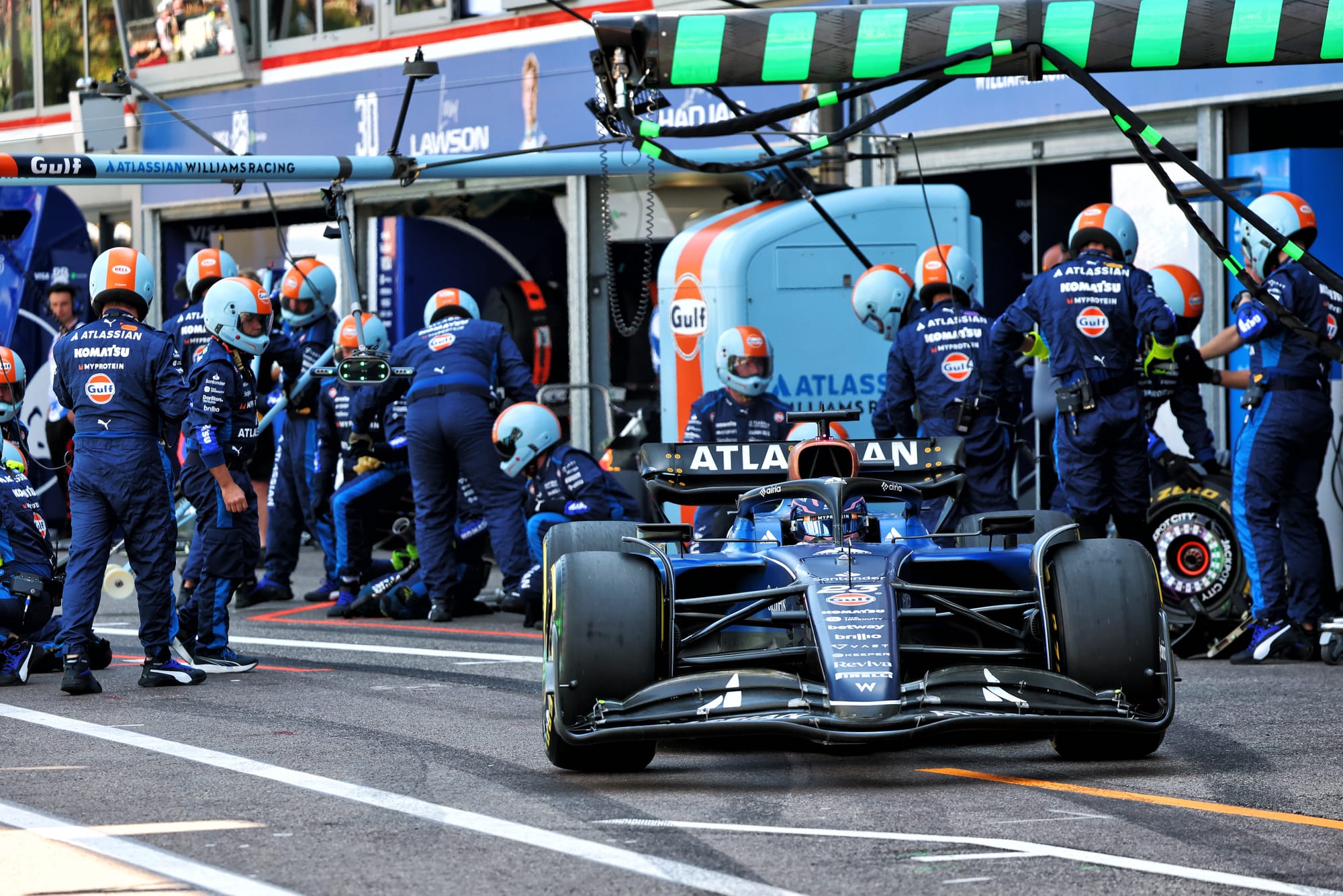
I appreciate the attempt to try to liven up the Monaco Grand Prix off the back of a dull 2024 race, but this was never the way to do it.
The problem last year was that everybody had a free tyre change under the red flag. The way you solve that is for Monaco-only, mandating a physical pitstop taking place rather than just a tyre change that can be done under the red flag.
This was just silly. Nauseating to keep up with, even if you had a timing screen open on a second device, and very vulnerable to being silly, even if it does work in spicing up the race.
Imagine if someone outside the top 10 (like Yuki Tsunoda) had crashed in the closing laps, caused a red flag and handed victory to Max Verstappen on a plate?
Gambling is an important part of any Monaco race, but this takes it a step too far and F1's lucky it's still got a proper result today.
It was worth a try
Jon Noble
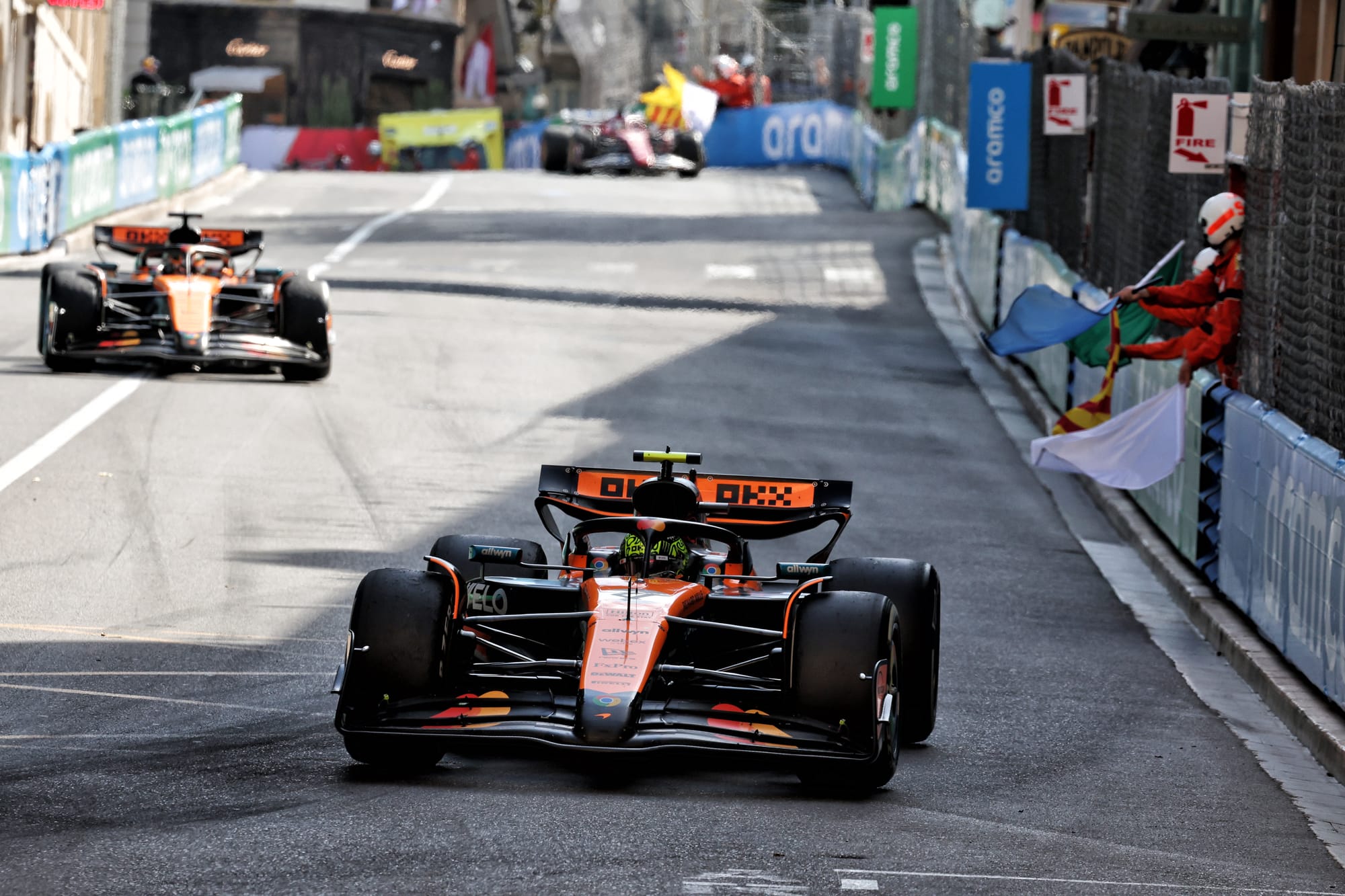
Was it perfect? No. But did F1’s two-stop plan for the Monaco Grand Prix add a level of uncertainty and potential jeopardy compared to races in the past? Absolutely.
I have sat through some pretty boring Monaco GPs in the past and this one was definitely an improvement on that.
It was always going to be hard to best judge whether the two-stop plan was a success or failure but the fact that the top four contenders remained so close to the end - with varied strategies - has to be be deemed a better outcome than a random winner lucking into an undeserved success.
Yes F1 needs to think how best to avoid the team-mate shenanigans that clouded the battle outside the top ten, and more effort needs to go into trying to open up more overtaking opportunities - but I would much rather watch what we had this year than the borefest of 12 months ago.
Maybe just leave Monaco alone
Matt Beer
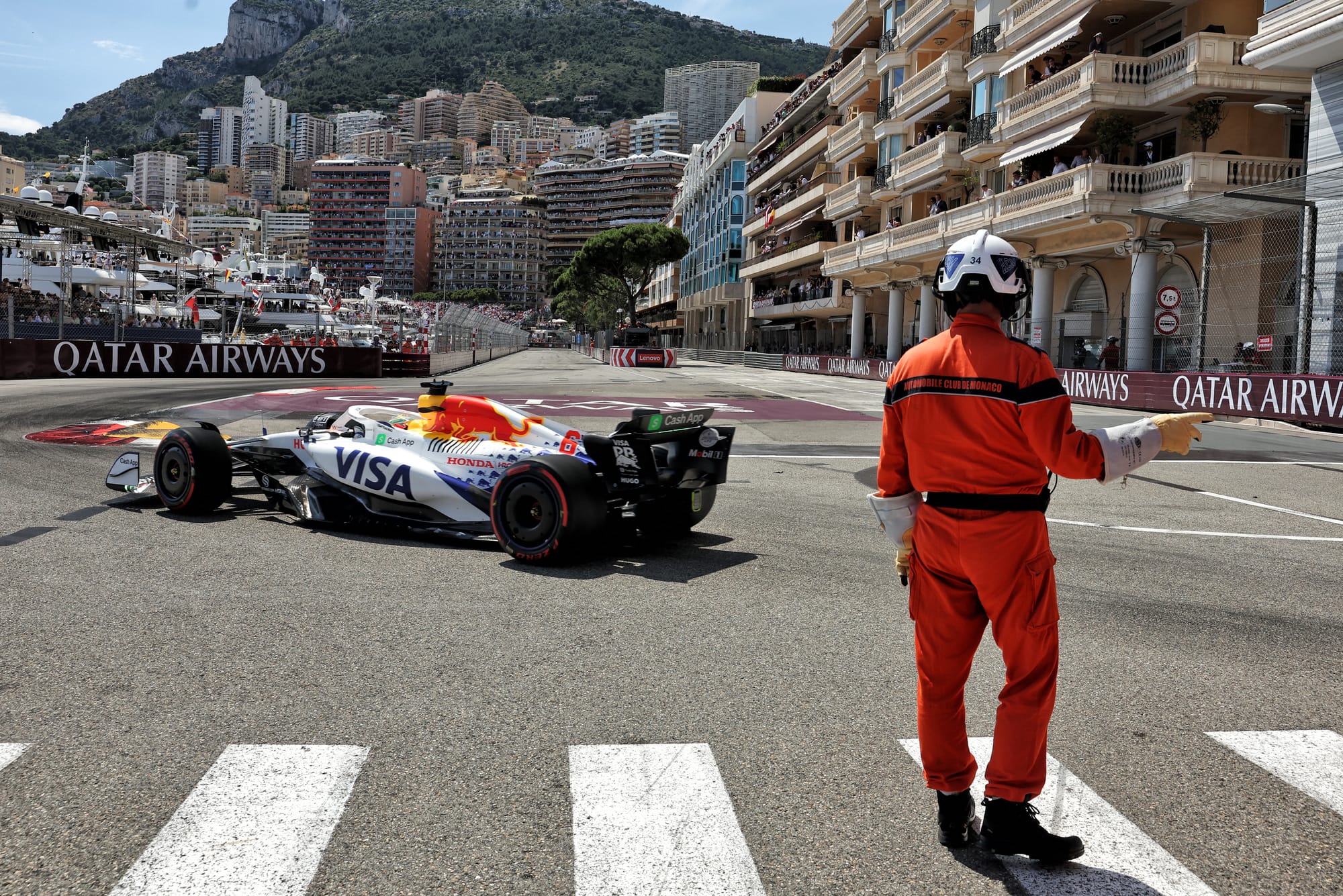
F1 teams are too good at finding ways to squash attempts to shake races up (though the vagaries of Pirelli's C5 and C6 tyres lately have come close to flummoxing them in some interesting ways at least).
A circuit this narrow and with so few straights means whatever you try, in cars this size the race is likely to be a load of queues and people having the option to manipulate the pace. Enforcing two stops just doubled their chances to do so.
Find a way to get the 'free tyre change under red flag' quirk out of the rules to prevent a repeat of 2024, and then maybe just accept that in a 30-race (including sprints) season it's OK to have one where the drama and spectacle is all about Saturday.


